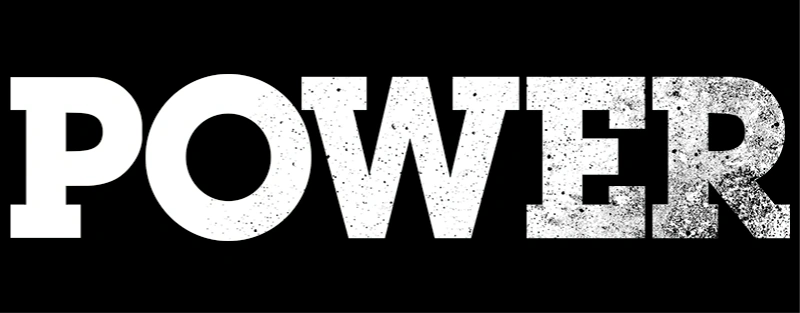We will do and we will understand.
(Exodus 24:7)
It’s not the waking, it’s the rising.
(Hozier, “Nina Cried Power”)
There is power in action.
While not every action yields good fruit, real progress usually
begins with the energy of action. As the
all-time hockey great Wayne Gretzky famously noted, “You miss 100% of the shots
that you don’t take.”
Against all odds, the Israelites come to embody this principle at
Mt Sinai. They are among the most
unlikely exemplars of action; previously our biblical forebears have resisted
Moses’ call to leave Egypt and tarried fearfully before entering the Red Sea. Later, their failure to muster the courage to
enter the Promised Land will doom them to forty years of wandering in the
wilderness. Yet when God asks if they
will accept the Torah’s teachings, they respond both unanimously and decisively:
“Na’aseh v’nishmah—We will do it and (then) understand it.” Somehow, in this unique instance, we are all
in, together, committed to action before we fully understand what we’ve signed
up for.
In the Talmud’s telling, in tractate Shabbat 88a, even God is
surprised by this uncharacteristic assertiveness, responding with a startled
question: “Who revealed to My children this secret, which is employed by the
Ministering Angels?”
The brilliant contemporary commentator Avivah Gottlieb Zornberg
points to this passage in her book The Particulars of Rapture: Reflections
on Exodus. She writes:
In saying, “We shall do and we shall hear!” the
Talmud implies that the people assume some of the virtuosity of the angels, who
are capable precisely of such a brilliant power of action. Like the virtuoso
musician, whose skill makes movement seem to happen before thought (“hearing”)
can intervene, the people discover a genius for generous and decisive
commitment. All the hesitations that beset the amateur have long been resolved:
the fingers fly faster than the eye or ear can observe.
I don’t
think Zornberg’s music analogy is incidental; music still attests to the marvel
of “generous and decisive commitment.”
Consider the new song, “Nina Cried Power,” performed by the Irish
singer-songwriter Hozier and legendary R&B and gospel singer Mavis
Staples. It is a tribute to Nina Simone
and many other musicians who used their gifts to help create social change.
Hozier begins with the declaration: It’s not
the waking, it’s the rising.
From the start, he reminds us, it is all about
the call to action: It’s not the song, it is the singing/It’s the heaven of
the human spirit ringing/It is the bringing of the line/It is the baring of the
rhyme.
And then we get the chorus, in which the
artists—belting it out against an explosive background of both vocals and
instrumentals—affirm their ability to cry power, inspired by those who came
before them, including, among others, Nina Simone, Billie Holiday, Curtis
Mayfield, Marvin Gaye, Joni Mitchell, James Brown, Woody Guthrie, and Bob
Dylan.
And I could cry power
Power
Power, Lord
Nina cried power
Billie cried power
Mavis cried power
Power
Power, Lord
Nina cried power
Billie cried power
Mavis cried power
And I could cry power
Power
Power, Lord
Curtis cried power
Patti cried power
Nina cried power
Power
Power, Lord
Curtis cried power
Patti cried power
Nina cried power
The song builds and builds, crying its own power and then, unexpectedly,
the background vocalists and musicians drop out, leaving only Mavis Staples—herself
a legendary civil rights activist—humbly reminding all of us:
Power has been cried by those stronger than me
Straight into the face that tells you
To rattle your chains
If you love being free
If you love being free
I could cry power
'Cause power is my love when my love reaches to me
'Cause power is my love when my love reaches to me
Crying power is not just for the angels. In the moment of God’s gifting us with Torah,
the Jewish people, cried power. Nina
cried power. And in a world that still
desperately needs that power, rooted in love, we can cry power, too.
For
a great rendition of “Nina Cried Power,” see:
